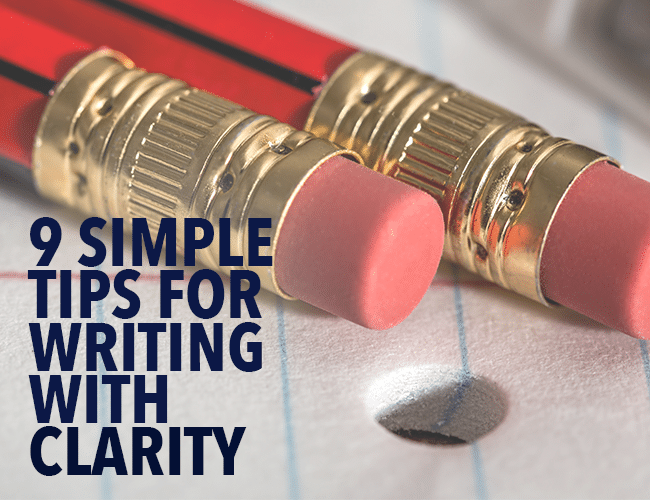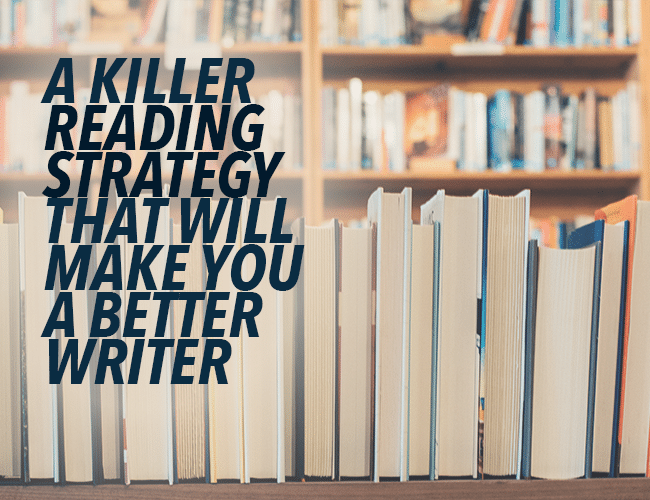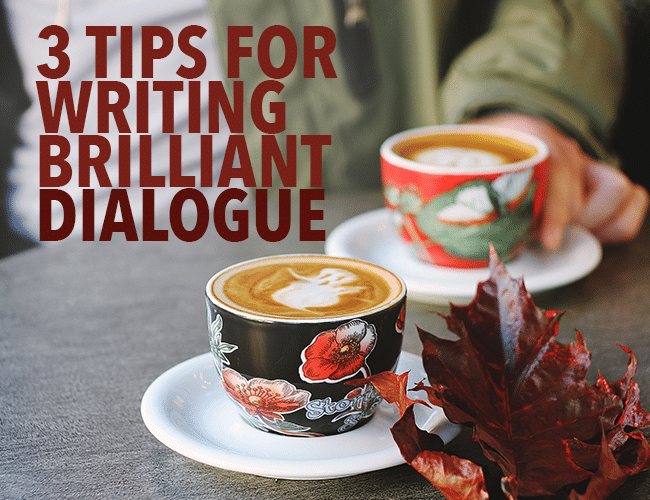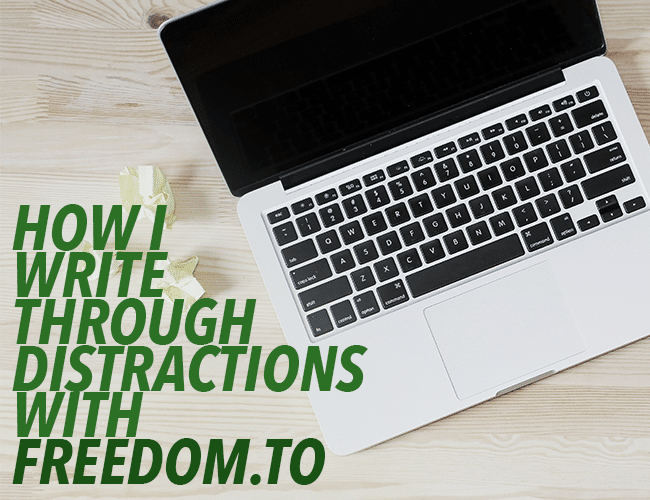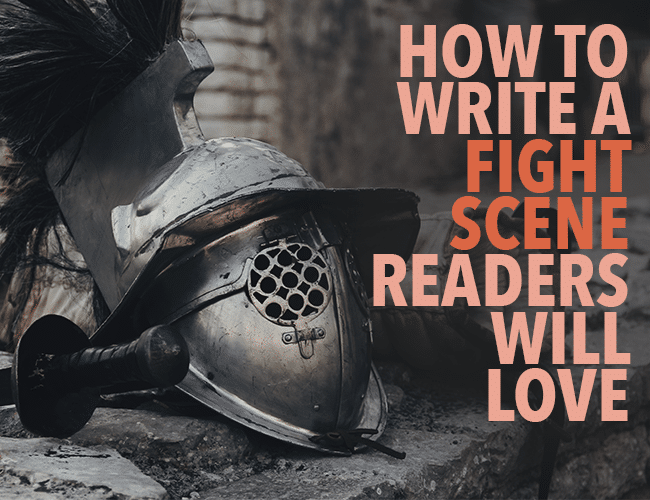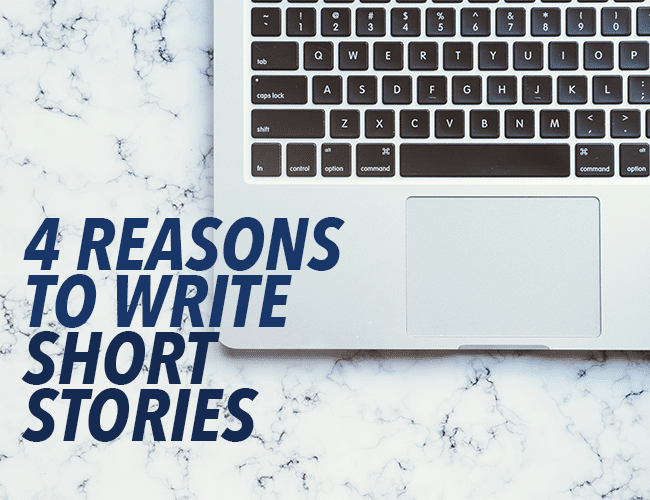It’s tempting to write fancy language and complicated sentences, but writing clearly is one of the best things you can do for your readers.
Luckily, tightening up one’s writing is one of the easiest skills for a writer to develop. Here are nine practical ways you can tighten your work.
